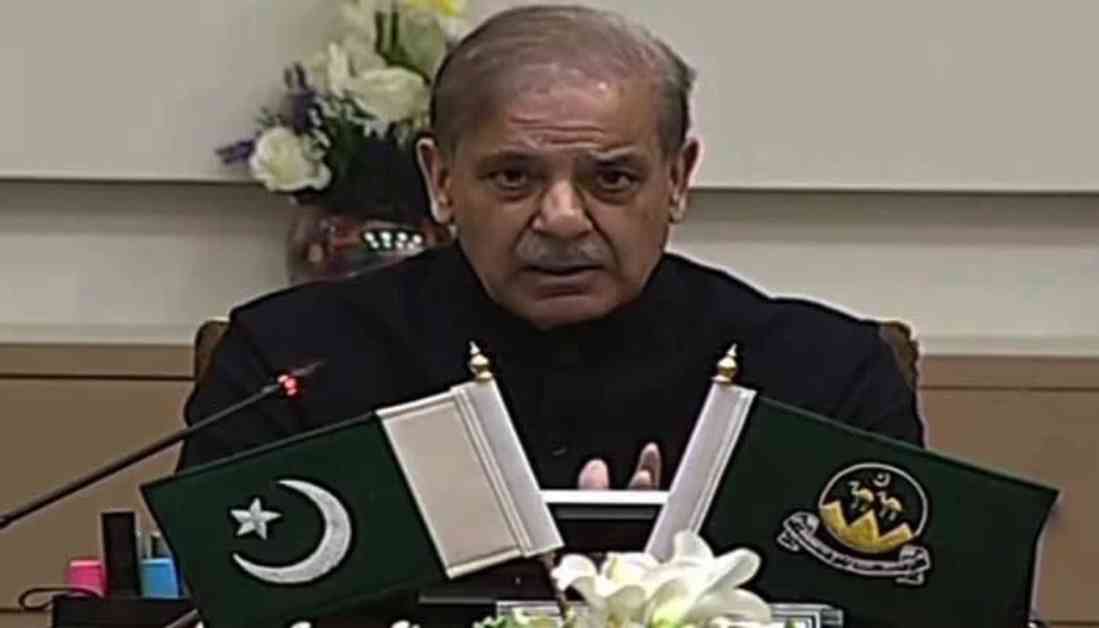Prime Minister Shehbaz Sharif recently spearheaded a crucial meeting to address the escalating issue of terrorism in Balochistan and Khyber-Pakhtunkhwa. In light of the alarming surge in terrorist attacks, the federal government has embarked on a mission to formulate a comprehensive national policy aimed at combating this growing threat effectively. This strategic initiative encompasses a multifaceted approach that not only involves enhancing the existing National Action Plan (NAP) but also entails coordinating with various stakeholders, including parliamentary parties, provincial governments, and military leadership.
During a series of in-depth consultations, Prime Minister Sharif engaged with key stakeholders to strategize on the most effective measures to counter the recent wave of terrorist attacks in the volatile regions of Khyber-Pakhtunkhwa and Balochistan, particularly those targeting security forces. The outcome of these discussions culminated in a decision to convene an in-camera meeting of the Parliamentary Committee on National Security in the near future to evaluate the current situation comprehensively.
As part of the overarching national action plan, proposals will be meticulously crafted to address the pressing need for reforms in combating terrorism. These proposals will serve as the bedrock for the formulation of a final policy during a meeting of the National Security Committee. Importantly, the government is committed to ensuring transparency and inclusivity in this process, with plans to engage in extensive consultations with all relevant stakeholders before the policy is finalized.
In a bid to tackle the menace of terrorism head-on, the federal government is also contemplating a decisive operation against groups actively involved in anti-state activities in the terrorism-affected regions. While exploring this option, officials underscored the importance of affording these groups an opportunity to surrender and acknowledge the authority of the state. The decision on whether to pursue negotiations or undertake punitive actions will be predicated on the state’s policy and will be made following consultations with stakeholders.
Moreover, the government has set its sights on elevating the issue of India’s alleged involvement and the utilization of Afghan soil in recent terrorist attacks to the international stage. Plans are underway to raise this pertinent matter at esteemed platforms such as the United Nations and other global forums, urging these bodies to exert pressure on both countries to combat terrorism effectively.
In a bid to fortify the strategy for combating terrorism, officials have outlined a comprehensive roadmap that encompasses short, medium, and long-term plans. Emergency measures are slated to be rolled out to equip security forces with state-of-the-art equipment and weaponry, thereby bolstering their operational capabilities. Additionally, development and employment packages are on the horizon for residents residing in terrorism-stricken areas, underscoring the government’s commitment to fostering stability and prosperity in these regions.
As the government forges ahead with its mission to tackle terrorism head-on, the evolving landscape of national security demands a proactive and collaborative approach to safeguarding the nation’s interests. By prioritizing dialogue, inclusivity, and strategic foresight, Pakistan is poised to navigate the complex challenges posed by terrorism with resilience and determination.









